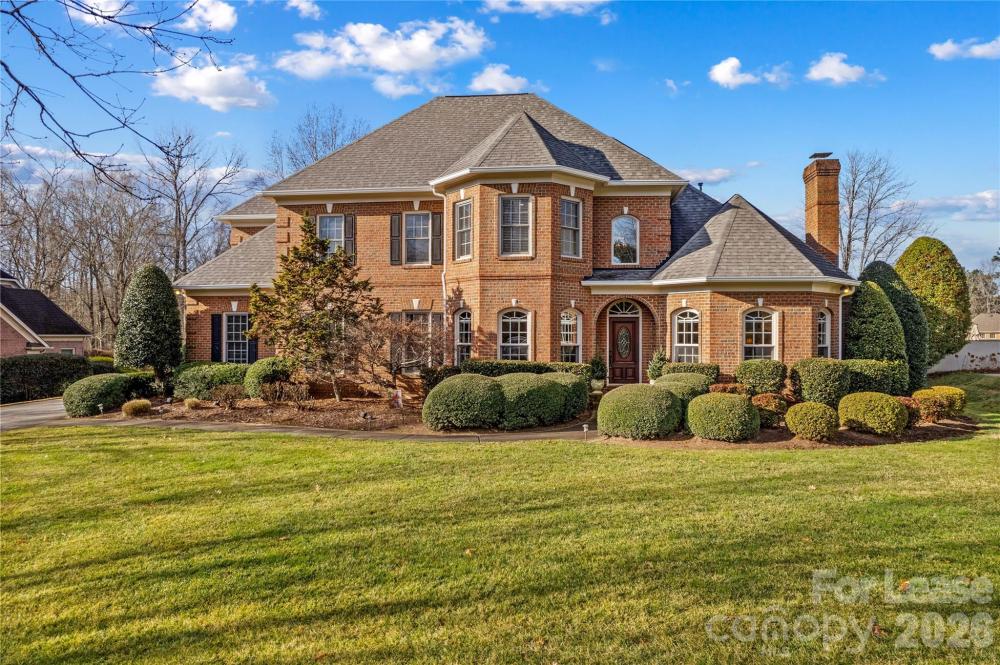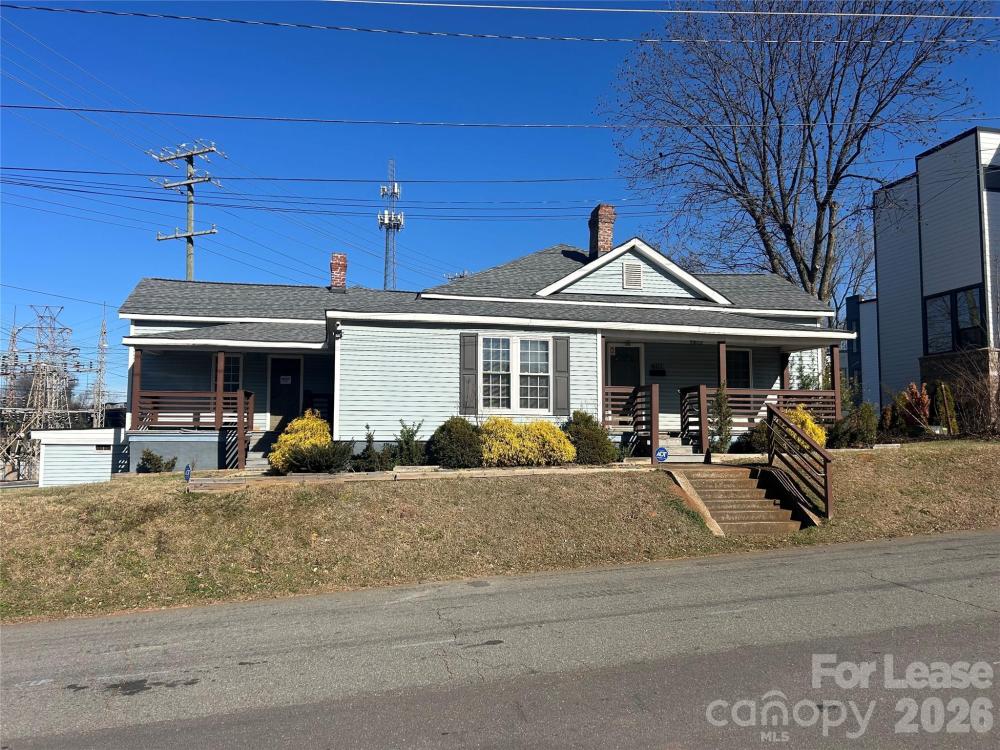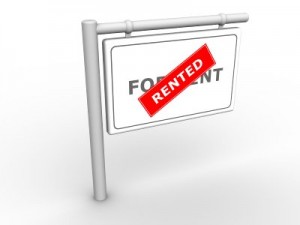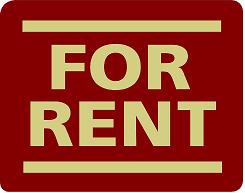Located in Huntersville, this is a dream rental. Exclusive Gated Community!
North Charlotte homes for rent
Listings 1 - 2 of 2 13718 Robert Walker Drive -- 4 BR, 3.1 BA
13718 Robert Walker Drive -- 4 BR, 3.1 BA$5,200/mo (3088 sqft)
→ More info
Lake Norman Realty Inc | MLS # 4336631 | Available
 401 Charles Avenue -- 4 BR, 1.1 BA
401 Charles Avenue -- 4 BR, 1.1 BA$5,140/mo (1809 sqft)
→ More info
Briley Burris Realty | MLS # 4334206 | Available
 | The data relating to real estate on this Web site derive in part from the Carolina Multiple Listing Services, Inc. IDX program. Brokers make an effort to deliver accurate information, but buyers should independently verify any information on which they will rely in a transaction. All properties are subject to prior sale, change or withdrawal. Neither Savvy + Co. Real Estate nor any listing broker shall be responsible for any typographical errors, misinformation, or misprints, and they shall be held totally harmless from any damages arising from reliance upon this data. This data is provided exclusively for consumers -- personal, non-commercial use and may not be used for any purpose other than to identify prospective properties they may be interested in purchasing. © 2026 Carolina Multiple Listing Services, Inc. Data updated January 19, 2026 |







 Professional Services at reasonable rates
Professional Services at reasonable rates